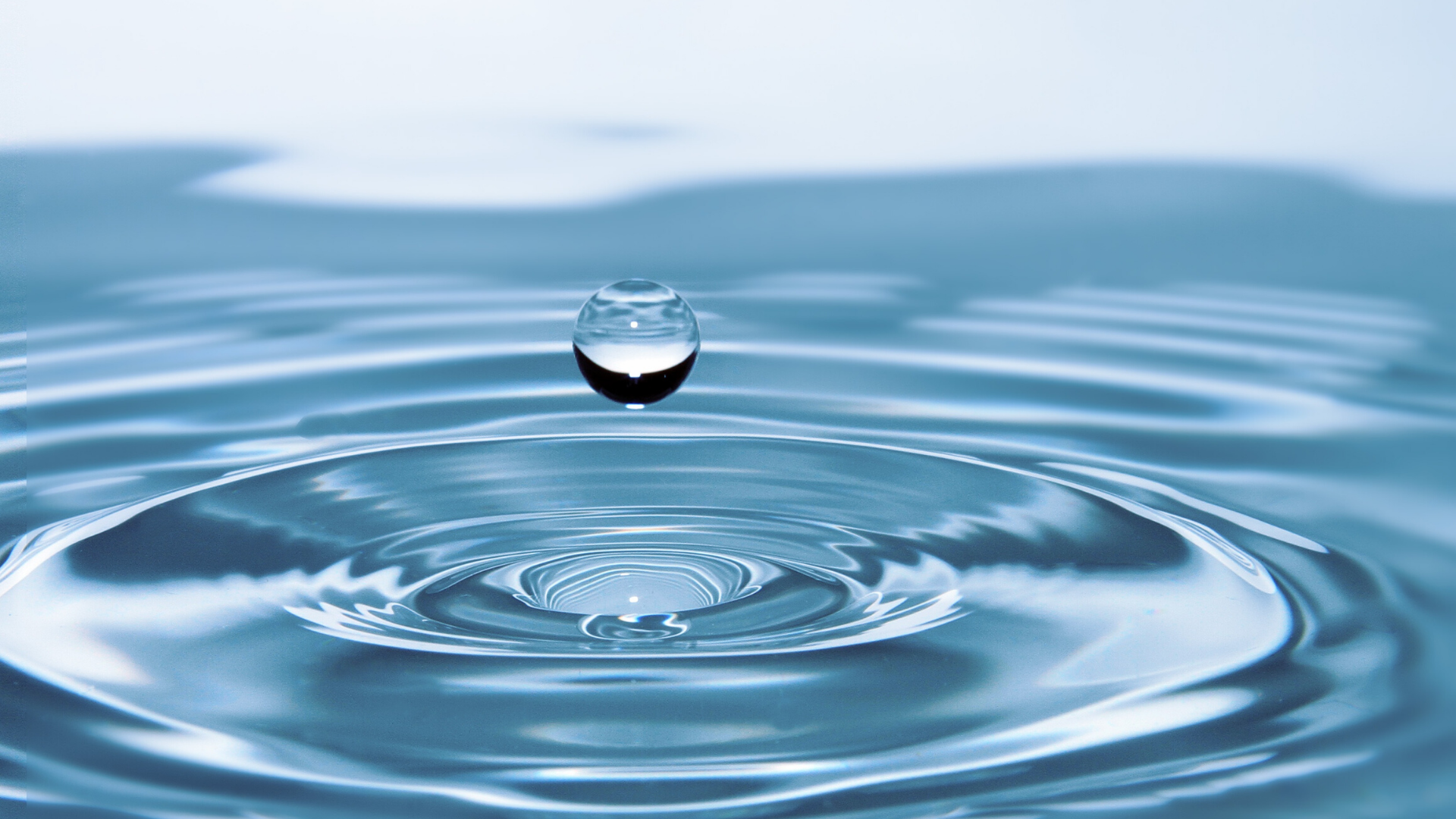When we talk about pure water, what exactly do we mean? And what’s the difference between purified water and distilled water? Let’s answer those questions.
3. What is pure water used for?
We can help figure out the best drinking water options for your home.
1. what is pure water?
In the Kitchener-Waterloo area, there are two sources of drinking water - the Grand River and groundwater wells.
About 20 to 25 percent of Waterloo Region's drinking water is from the Grand River. Water from the Grand River goes through a multi-step treatment process at the Mannheim Water Treatment Plant.
The other 75 to 80 percent of Waterloo Region's drinking water is groundwater. Municipal wells throughout Waterloo Region extract the groundwater.
To build a well, a pipe is placed in a drilled hole. A pump at the bottom of the well helps to push the groundwater to the top.
Groundwater requires less treatment than surface water, but it is sometimes filtered to remove iron and magnesium, minerals found naturally in aquifers.
Purified water is filtered to remove additional chemicals and other contaminants still present in your tap water. That includes:
Bacteria
Algae
Fungi
Parasites
Metals like copper and lead
Chemical pollutants
There are various home purifier solutions that we will look at next.
Local residents get their water from the Grand River and various groundwater wells.
2. How is water purified?
Water purification protects your plumbing and eliminates undesirable particles.
Filtration systems are commonplace, and there are a variety of different types to choose from based on your particular needs.
There are three popular ways to get pure water in your home:
Carbon Filters - Activated carbon will pull contaminants out of your water by bonding to them. Carbon comes either in blocks or in a granulated form. The popular Brita Filters use this method to purify your water.
Reverse Osmosis - Reverse Osmosis filters often include a carbon filter, but they also pass the water through a semi-permeable membrane, which filters out any particles larger than a water molecule. The downside of these filters is they produce almost 5 times as much wastewater as they do clean water.
Water Softeners - Water Softeners replace calcium and magnesium with sodium, as well as elements like barium. This helps protect your piping.
WaterSmart can assist you in assessing your home and advising you on what the right filtration system is for your circumstance.
There’s a few common ways to get pure water in your home.
3. What is pure water used for?
In Canada, the regulations surrounding tap water are similar to bottled water, and both should be safe to drink.
So why else might you want pure water in your home? Here are some common uses.
Food Preparation
Pure water for cooking, as well as washing vegetables, salads, pasta and rice, will remove a large percentage of chemicals. This prevents your family from digesting any unwanted chemicals that may be found in tap water.
infant formula
Pure water is the safest option for your baby’s formula.
Pets
Pets have more senses than we do, including taste and smell. When you place a bowl of tap water in front of them you can be guaranteed that your pet can smell and taste every added chemical.
Fish Tanks
The removal of chlorine and other chemicals makes for a clean, fresh environment for the Nemo in your life.
Plants
Chlorine is known to attack plants, which can cause them to die. Water your plants with purified water and watch them thrive.
Purify your furry friend’s water for a healthier and happy pet.
4. What is distilled water?
Water is distilled through a process of evaporation, leaving any minerals or impurities behind.
The evaporated water - then steam - is collected as it cools and condenses back to liquid.
This newly condensed water is now distilled, and incredibly pure.
Distilled water has a variety of industrial applications:
Cleaning tools
Lab experiments
Car cooling systems or automotive maintenance
The purity of distilled water also makes it useful for a variety of home applications:
You can put it in your appliances, as it won’t leave any mineral buildup
It can be used to drink or mix with food for people with weak immune systems, like babies
Personal hygiene and washing
You can also drink distilled water.
If you are used to drinking tap or bottled water, distilled water may taste thin or unusual because it lacks minerals like calcium, sodium, or magnesium.
Discover Our Pure Water Solutions
WaterSmart has been serving the Waterloo region including, Kitchener, Cambridge, Guelph, Brantford, and surrounding areas since 1994.
We can help you select the perfect home water filtration system for your particular needs.
We are committed to helping you improve the quality of your home's water.
We live and work in the Kitchener-Waterloo region so we understand the hard water challenges of this area.
We know how to program your water softener for maximum efficiency and are familiar with the types of water softener repairs that you might need.
We also offer other effective whole-house water filtration systems like reverse osmosis and fridge filters.
Want to learn more? Contact WaterSmart today to talk to one of our water systems experts.
Location:
14-105 Lexington Road, Waterloo, Ontario N2J 4R7
Phone: 519-886-7331
Fax: 519.886.8021
info@watersmartsystems.com
“Been coming here for years for distilled water. $100 for 1000 litres. Love the service here, everybody I’ve met has been friendly and don’t hesitate to help fill water or load bottles in the car. Great job!
Edit: their distilled water plan is now $120 for 1000 litres, but the service is still great!”





